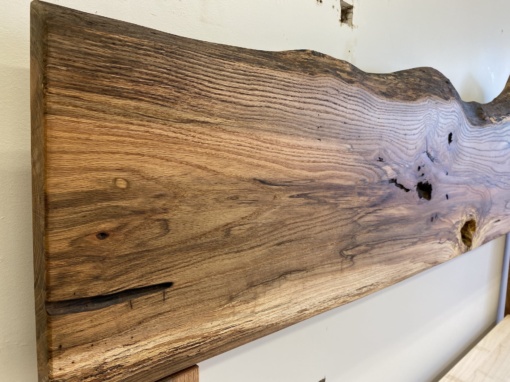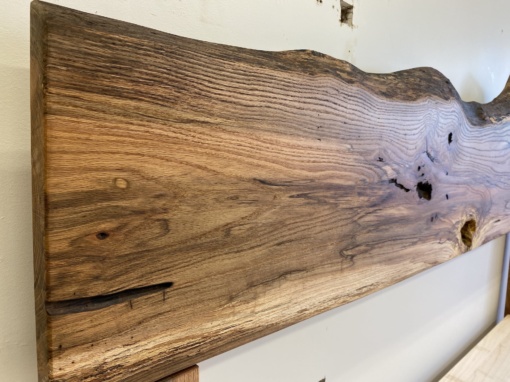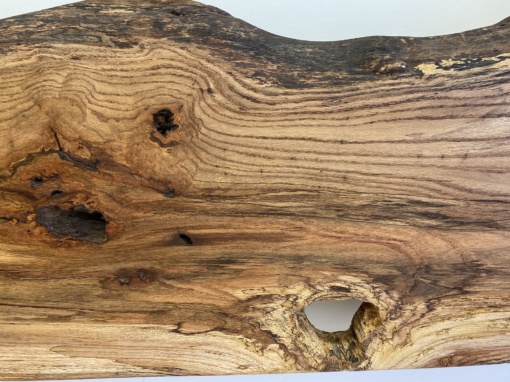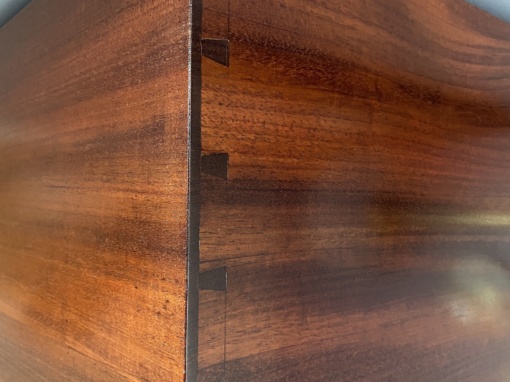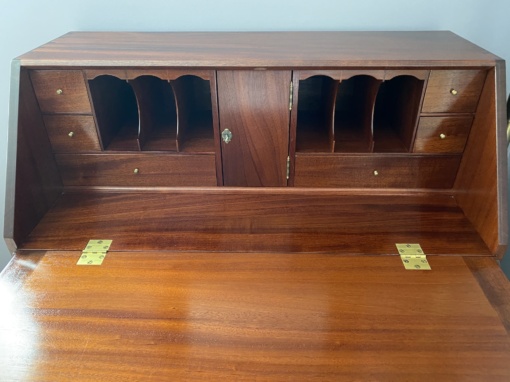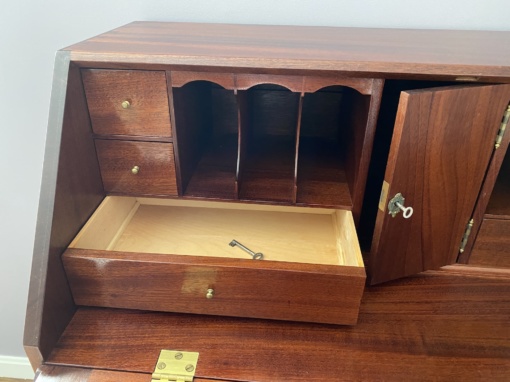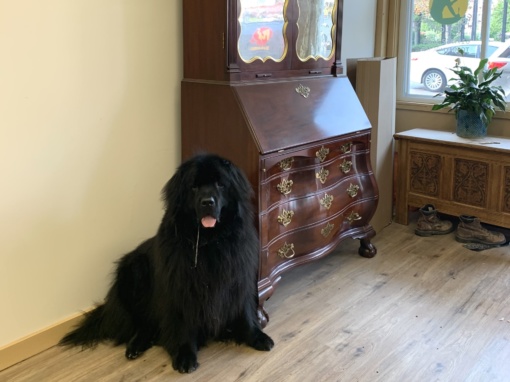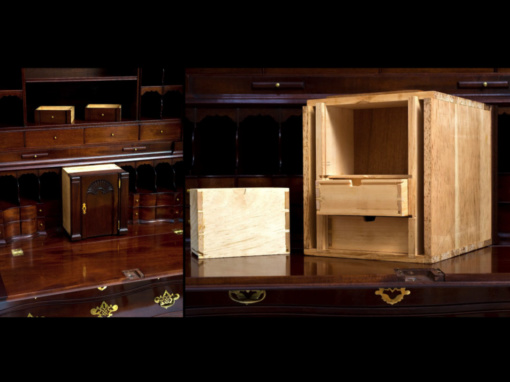Residential Sprinklers
Like the fire sprinklers found in most commercial buildings, residential sprinklers stand ready 24 hours a day to detect and suppress fires before they can become a threat to lives or property. As life safety devices, residential fire sprinklers are designed to react more quickly than their commercial cousins and thus need less water to do their work. Each sprinkler operates independently, so only those in the affected area go off. Most home fires are extinguished by one or two sprinklers with only a small amount of water.
Water Supplies
Fire sprinklers require a reliable source of water; either a city water connection or a storage tank with at least 100 gallons and a pump. Sprinklers can share a common supply and piping with the domestic water system, reducing cost but requiring additional storage capacity.
Proper Design
Many manufactured home suppliers offer fire sprinklers as an option. Where sprinklers are installed after the home is constructed, it is important to use a qualified designer and installer. For example, sloped or beamed ceilings require special design and installation considerations. Look for a certified fire sprinkler contractor.
Maintenance
Fire sprinkler systems require periodic maintenance and inspection. This is not a do-it-yourself job and should be left to a qualified contractor. Never paint sprinklers, it can prevent them from operating in a fire.
Good Investment
Through the use of construction trade-offs, homebuilders and developers can achieve reduced construction costs if residential sprinkler systems are installed. Home sprinkler systems offer both safety and financial advantages to homebuyers, a rare combination.
- A fire occurs in a residential structure every 79 seconds, according to the U.S. Fire Administration. To the homebuilder, this fact means that a large share of potential customers now have knowledge of the terror and destruction caused by fire.
- Families with children, senior citizens, and handicapped members have special fire protection needs. Home sprinkler systems provide added protection for these people.
- In case of a home fire, firefighters will have less risk of injury or life loss since they will be fighting a fire of less intensity.
- Allocation of community resources can be improved with the adoption of home sprinkler technology.
- Communities will be able to make better utilization of available land and thereby increase their tax base.
Insurance Savings
If you have fire sprinklers you may be eligible for a discount on your property insurance. Ask your agent. Insurance from homeowner underwriters will vary depending on type of coverage. The discounts now range between 5-15%, with a projected increase in available discounts.
Don’t Forget the Smoke Alarms
Even though fire sprinklers are effective life safety devices you still need smoke alarms. Some fires can begin as smoldering fires that produce smoke and gases but don’t generate enough heat to activate the sprinklers. Smoke alarms are needed to provide warning for these situations.


